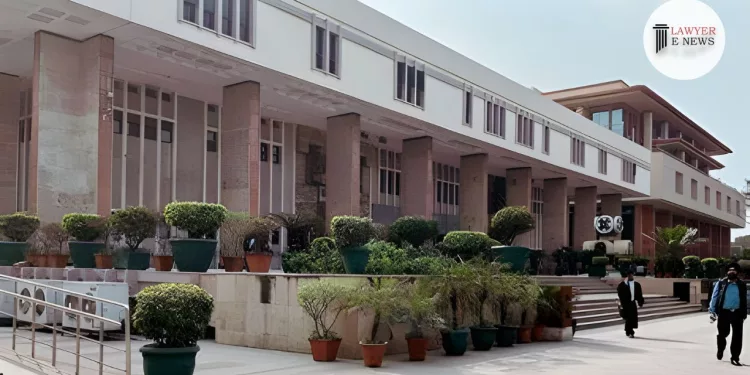Delay in lodging FIR cannot be used as a ritualistic formula for discarding the prosecution Case: Delhi High Court Reverses Acquittal of Father Accused of Assaulting Minor Daughter

The High Court of Delhi held that delay in filing the FIR is not fatal in cases of sexual assault, particularly involving family members, if the delay is satisfactorily explained. This reversal of acquittal was based on the credibility and consistency of the victim’s testimony, supported by medical and corroborative evidence.
Facts and Issues:
The case involves the respondent P.D.D., who was acquitted by the Trial Court on charges of aggravated penetrative sexual assault on his minor daughter, threats, and physical assault on his wife and son. The State and the victim, along with her mother and brother, appealed against the acquittal.
Court’s Assessment:
Delay in Reporting:
Explanation of Delay: The Court acknowledged the victim’s delay in reporting the incidents due to fear and familial pressure. The High Court emphasized that the social stigma and fear of retribution often prevent immediate reporting.
Legal Precedents: The Court referred to various judgments (e.g., Tulshidas Kanolkar vs. The State of Goa) supporting that delay in filing FIR in sexual assault cases can be condoned if satisfactorily explained.
Credibility of Testimony:
Victim’s Testimony: The Court found the victim’s testimony consistent and credible. Minor discrepancies in her statements were deemed trivial and not undermining her overall credibility.
Corroborative Evidence: The victim’s testimony was corroborated by her mother and brother, as well as medical evidence. The Court emphasized that the victim’s testimony alone, if found reliable, could suffice for conviction.
Reversal of Acquittal:
Misinterpretation by Trial Court: The High Court criticized the Trial Court for placing undue emphasis on minor contradictions and misinterpreting the evidence. The Trial Court’s judgment was deemed based on conjectures.
Statutory Presumptions: The High Court highlighted the presumptions under Sections 29 and 30 of the POCSO Act, which mandate the court to presume the accused’s guilt unless proven otherwise.
Impact of Domestic Quarrel:
False Implication Argument: The defense’s argument that the case was fabricated due to matrimonial discord was rejected. The Court found no convincing evidence of false implication.
Decision: The High Court reversed the acquittal, convicting the respondent under Section 6 of the POCSO Act, and Sections 506 and 323 of the IPC. The matter was scheduled for arguments on sentencing, and directions were issued for a victim impact report and confirmation of interim compensation.
Date of Decision: May 14, 2024
State vs. P.D.D.





